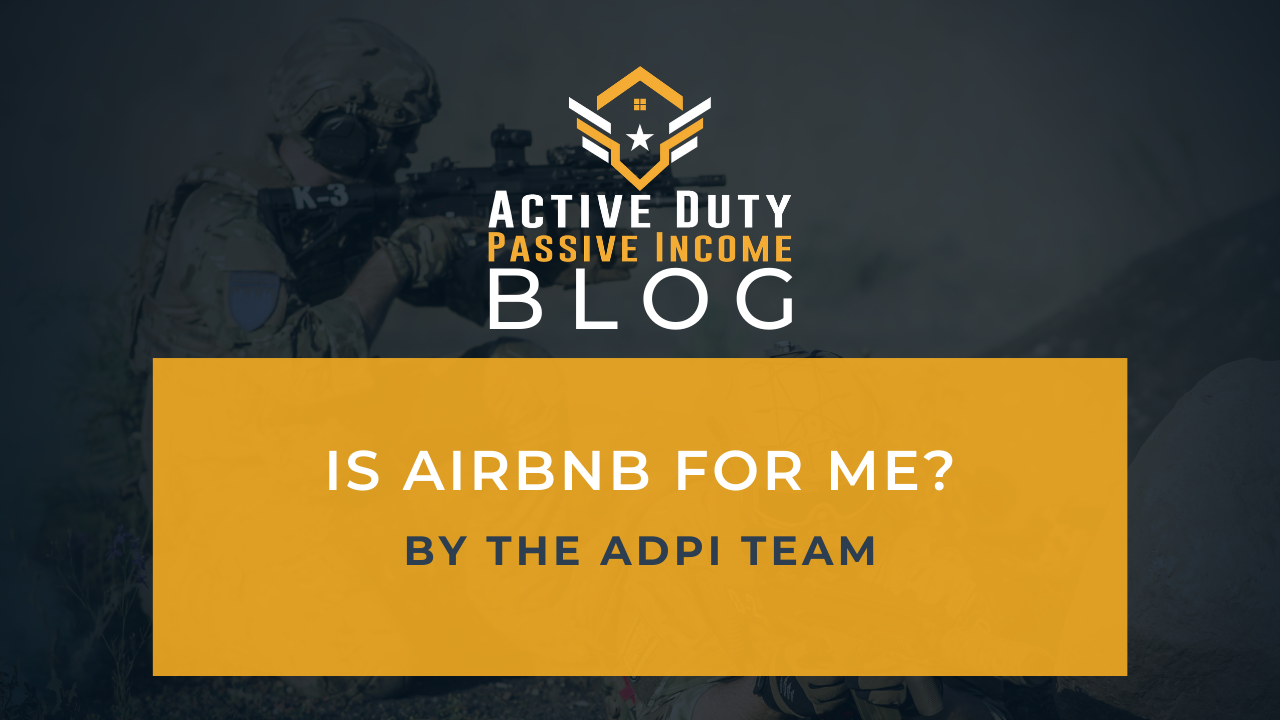It’s no secret that Airbnb investing — and other online home-sharing marketplaces like it — has changed the way people travel. More specifically, it has changed the amount of money spent on lodging for travel. According to iProperty Management, the average per-night price for Airbnb reservations is an affordable $80, compared with the almost $130 average daily hotel rate.
Though this online home rental site hasn’t completely diminished the draw of hotel luxuries and amenities, its popularity continues to soar. On any given night, 2 million people are staying in Airbnb rentals across the world. If those numbers aren’t telling of its influence, I don’t know what is.
If you’re pondering whether or not to join the more than 650,000 Airbnb hosts worldwide, here are two reasons to do it:
How Airbnb Investing can give you insane returns?
1. The profits can be enormous.
Seriously, some have made millions with this home-sharing gig. A 2016 Forbes article reported that at least 75 U.S. hosts “are grossing more than $1 million in rental income a year. That’s $2,739 a day or $19,230 a week.”
2. You can run your own micro business.
Though the numbers above seem more like a macro business, the average $20,619 annual profit (for a two-bedroom space in major cities) is a nice supplement to any day job. And almost 50 percent of all Airbnb hosts make more than $500 per month. As long as you’ve crunched the numbers and provided a great experience, you’re almost guaranteed to make some sort of profit while learning more about running a micro business.
Convinced yet? Airbnb certainly isn’t going to be everyone’s real estate niche of choice, but if you’re serious about taking your rentals to the next level, it could be a great side gig with relatively low risk. Here are a few to-dos to kick off your first Airbnb experience.
Are you in the right market?
First, make sure your market is right. These stats from iProperty Management give insight into this topic:
- 88% of Airbnb’s reservations are for groups of two to four people
- 60% of the reservations were for an entire home/apartment
- 60% of all guests are Millennials
If your property isn’t one that can accommodate groups or attract a younger audience, then Airbnb may not be a logical route. Of course, there are always exceptions. The point is, do your homework and learn the demographics in your area.
What is the vision for your place?
Is your small, downtown apartment close to big-city attractions, restaurants, and clubs? Does your historical home along a cobblestone street give travelers a trip back in time? Think about what themes you want to present and market your property to fit that vision.
Build your systems and your team.
You will need systems and processes in place before you get to the hosting part. Though Airbnb has its own set of rules to follow in certain areas, here are some things to think about:
- How will you handle guest check-in/out?
- How will you handle cleaning?
- How will you cover major expenses?
- Do you need added insurance?
- How will you manage the property?
Once you decide procedures, build your team. Through recommendations or reviews, hire a recurring cleaning service or individual to clean between rental uses. If you can’t do it yourself, you will also need a reliable repairman who is available for quick maintenance projects. For management, many first-time Airbnb hosts manage the property themselves in the beginning as a way to work out kinks in the process, then later outsource to management sites like Guesty and Pillow.
Take action.
Do you think you’re ready to list? Here are just a few additional words of advice before you activate.
- First, hire a professional photographer to photograph your home or room. Photos from your phone may be decent, but a professional shot can make a massive difference in how well your rental sells. Airbnb even says that your chances of getting booked are 50 percent higher with professional photos. If they say so, they know so.
- Learn your local laws. Since Airbnb basis its rules and regulations on short-term rental laws per location, it’s important to be familiar with the laws in your area. Do your research and make sure you’re compliant before listing.
Is your checklist complete? Do you have beautiful photographs and a legally compliant rental for hosting? Great, let’s activate! As is the case with most side or full-time businesses, the first year isn’t necessarily going to be representative of your potential. Take this initial year with a grain of salt, decide what does and doesn’t work for your particular listing, and learn to adjust so you don’t go bust.








